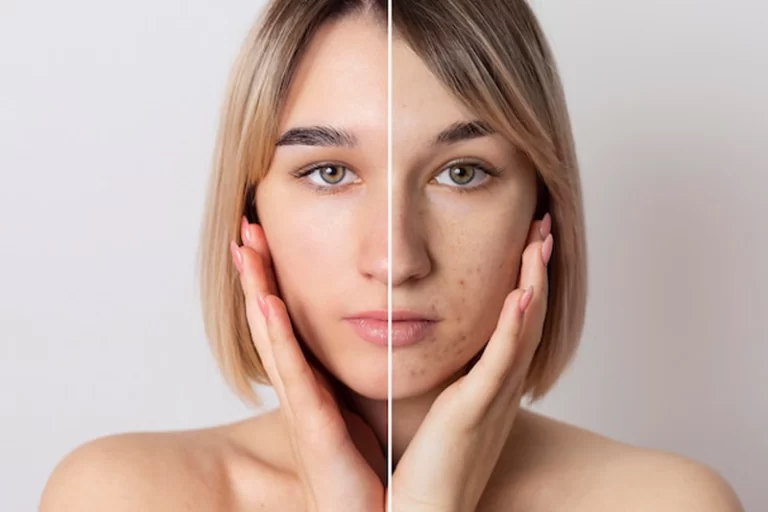Acne & Acne Marks Treatment
Acne is a common skin condition that occurs when hair follicles under the skin become clogged with oil and dead skin cells. This can lead to inflammation and the formation of pimples, blackheads, and whiteheads.
Acne marks, also known as post-inflammatory marks, are scars that can form after acne has cleared up. They can be red, brown, or purple in color and can be flat or raised.
There are a number of things that can cause acne marks, including:
- Inflammation: Inflammation is the body’s natural response to injury or infection. When acne is severe, it can cause inflammation that damages the skin and leads to the formation of acne marks.
- Melanin production: Melanin is the pigment that gives skin its color. When the skin is injured, it produces more melanin in an attempt to repair the damage. This can lead to the formation of dark acne marks.
- Collagen production: Collagen is a protein that gives skin its strength and elasticity. When acne is severe, it can damage collagen production, which can lead to the formation of atrophic acne scars (ice pick scars and boxcar scars).
There are a number of treatments available for acne marks. The best treatment for you will depend on the type and severity of your acne marks.
Some common treatments for acne marks include:
- Topical treatments: Topical treatments, such as retinoids, can help to reduce inflammation and improve the appearance of acne marks.
- Chemical peels: Chemical peels, such as glycolic acid peels and salicylic acid peels, can help to exfoliate the skin and improve the appearance of acne marks.
- Laser treatments: Laser treatments, such as fractional laser resurfacing and CO2 laser resurfacing, can help to improve the appearance of acne marks by removing the top layer of skin and stimulating the growth of new, healthy skin.
- Microdermabrasion: Microdermabrasion is a procedure that uses tiny crystals to exfoliate the skin and improve the appearance of acne marks.
It is important to note that there is no one-size-fits-all treatment for acne marks. The best treatment for you will depend on the type and severity of your acne marks. You should talk to your doctor or a dermatologist about the best treatment options for you.
Here are some tips to help prevent acne marks:
- Wash your face twice a day with a gentle cleanser.
- Exfoliate your skin regularly.
- Use a moisturizer that is oil-free and non-comedogenic.
- Avoid picking, popping, or squeezing pimples.
- Wear sunscreen every day, even on cloudy days. See a doctor if you have severe acne.
By following these tips, you can help to prevent acne marks and keep your skin looking its best.
Time Duration: 20 Min To 90 Min ( Depends on Treatments )

Book an Appointment
Today for
Personalized
Hair Transplant and Skin Care Treatment
Take the First Step Towards Restoring Your Hair and Achieving Healthy Skin













